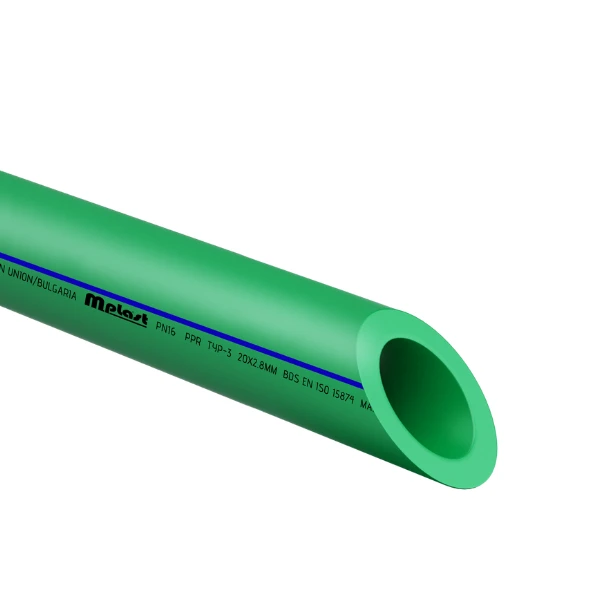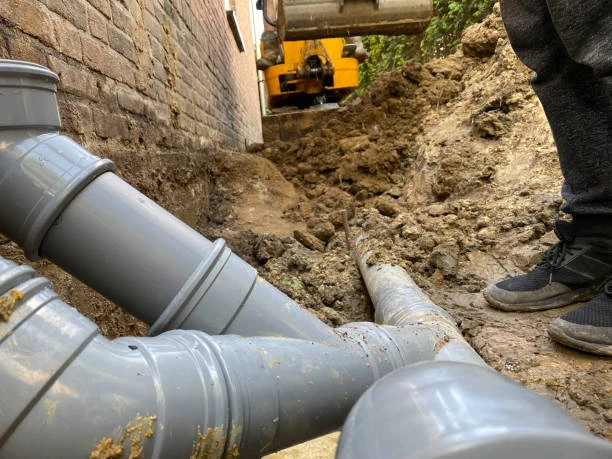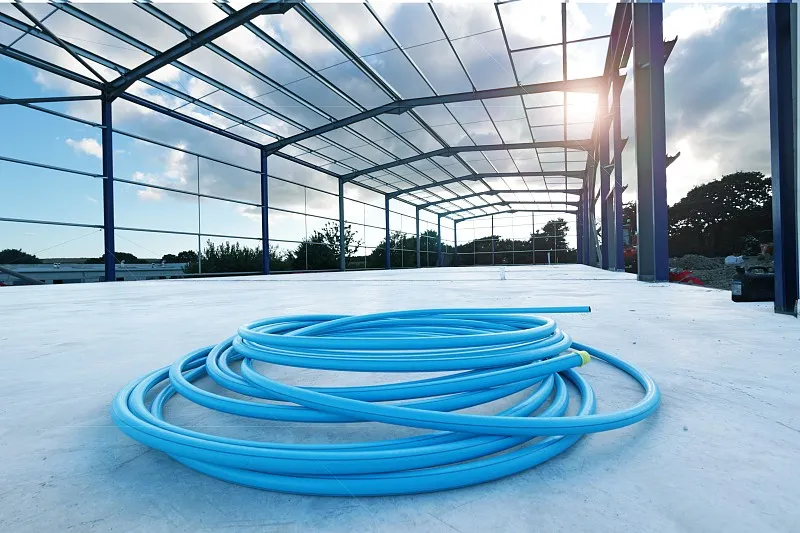What is PPR Pipe?
PPR pipe is a type of plastic piping system commonly used for plumbing and water supply. It is made from a thermoplastic polymer that offers excellent durability, heat resistance, and flexibility. PPR pipes are typically available in green or white and are known for their ability to handle both hot and cold water applications.
Characteristics of PPR Pipe:
- Durable: PPR pipes are highly resistant to wear, impact, and corrosion, ensuring long service life.
- Heat Resistant: They can withstand high temperatures, making them suitable for hot water systems.
- Non-Toxic: Safe for potable water and food-grade applications.
- Low Thermal Conductivity: Prevents heat loss in hot water systems.
- Flexible: Easily molded and adaptable to various piping configurations.

What is Used For?
PPR pipes variety of applications across different sectors:
- Residential Plumbing:
- Used for distributing hot and cold water in homes, including drinking water systems and heating connections. Its chemical resistance and non-toxic nature make it ideal for potable water supply.
- Industrial Piping:
- PPR pipes gases, and other industrial fluids due to their resistance to corrosive substances. Industries such as food processing and pharmaceuticals often rely on PPR piping.
- Heating Systems:
- PPR pipes central heating systems and underfloor heating because of their ability to withstand high temperatures and pressures.
- Irrigation Systems:
- PPR pipes are ideal for agricultural and landscaping irrigation systems due to their durability and resistance to environmental factors.
- Compressed Air Systems:
- Used in industries for transporting compressed air, PPR pipes offer the advantage of being resistant to corrosion and leaks, ensuring long-term performance.
In summary, PPR pipes are a reliable, versatile solution for various plumbing, heating, and industrial applications due to their strength, flexibility, and resistance to corrosion and heat.


















